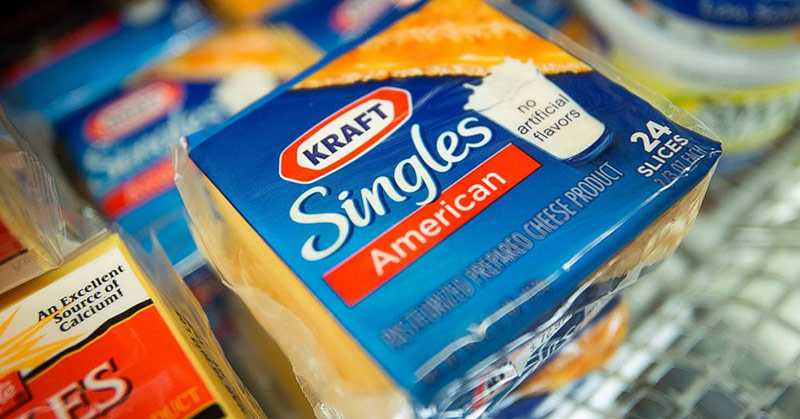Americans are gradually becoming aware of the fact that many foods sold in the US are of lower quality compared to those sold in other countries. It is concerning that some of the foods consumed in the US are actually banned in other nations. In this article, I will discuss 10 American foods that are prohibited in other countries, as outlined in a recent MSN article.
One particular concern is farm-raised salmon. Farmed salmon are fed a diet that includes dangerous chemicals, antibiotics, and other substances that are not safe for human consumption. They are also given synthetic astaxanthin made from petrochemicals, which can potentially damage eyesight. Wild salmon, on the other hand, acquire their pinkish-red color naturally from their diet. Australia and New Zealand have banned farm-raised salmon.
Genetically engineered papaya is another item to watch out for. Most Hawaiian papayas are genetically modified to resist ringspot virus, and consuming genetically engineered foods has been linked to various health issues in animals. The European Union has banned genetically engineered papaya.
Ractopamine-tainted meat, which is prevalent in the US livestock industry, is banned in 160 countries across Europe, Russia, mainland China, and Taiwan. This drug, used to increase protein synthesis in animals, can lead to health issues such as reproductive dysfunction, mastitis, and cardiovascular problems in humans.
Some citrus-flavored sodas and sports drinks in the US contain brominated vegetable oil (BVO), a synthetic chemical originally used as a flame retardant. BVO has been associated with reproductive and behavioral problems, and can displace iodine in the body leading to deficiency. Europe and Japan have banned BVO in drinks.
Processed foods in the US often contain artificial food colors and dyes that are linked to behavioral problems, cancer, birth defects, and other health issues in animals. Norway and Austria ban these additives, prompting companies like Kraft to use natural colorants instead in their products.
Arsenic-laced chicken, given arsenic-based drugs in their feed to promote growth and color, is a concern in the US. The organic form of arsenic used in animal feed can transform into the more toxic inorganic form, leading to elevated levels in supermarket chickens. The European Union does not approve arsenic-based compounds for use in animal feed.
Lastly, bread with potassium bromate, a controversial additive that has been linked to health risks, has been banned in the European Union. It is important for American consumers to be aware of these banned foods and opt for healthier alternatives whenever possible.






